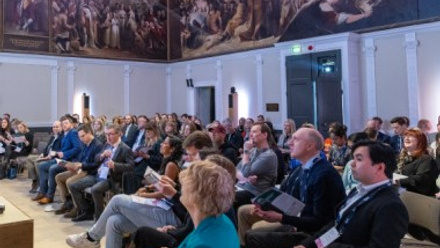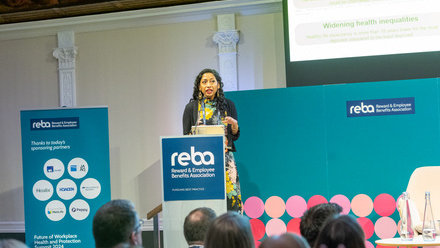Why organisations need to take a ‘data-first’ approach to create actionable insight

Preparing for monumental changes
It’s a huge challenge for today’s business leaders. How can they possibly develop strategies to future-proof their organisations? Data needs to play a pivotal part in the way businesses prepare for the monumental changes to come and approach the transition to a hybrid workforce over the coming years.
Most organisations have vast amounts of data at their disposal, but very few are currently able to turn that data into actionable insight to drive better business outcomes. That will be a major focus for business leaders in the next five years.
Those organisations that can tell the data story, curating data and presenting it in a clear and accessible way to engage both customers and employees, will win hearts and minds and really set themselves apart.
Data as a passport
We’ll increasingly witness the realisation of Data as a Passport. The emergence of blockchain technology and the primacy of data privacy for consumers will transform the way that data is regarded and approached. Consumers will come to treat their personal data as a currency, releasing specific data points to favoured brands or government in exchange for content, services and experiences that they value.
Biometric data will protect and safeguard personal data and enable a new level of service for consumers. Already, we’re seeing businesses using it to deliver unprecedented levels of speed and convenience to consumers. Amazon Go’s ground-breaking ‘Just Walk Out’ shopping experience in the US is a brilliant example of biometric technology being combined with cutting-edge use of data and insight to drive a better retail experience.
The concept of Data as a Passport will also be applied within organisations to provide workers with a personalised and seamless experience. Data will be used to match people against job roles and to gain deeper insight into their skills and experience, and their psychological make-up, motivations and preferred working patterns. This will improve ‘quality of hire’, where both organisations and candidates will have a much clearer picture of the cultural fit. It will also reduce ‘time to productivity’ on new hires from months to days, as organisations immediately understand how to get the best out of people, with clear visibility on their training and management requirements and preferences.
With Data as a Passport, individuals will simply ‘plug in’ their data to the organisation and be provided with a personalised experience that is relevant and appropriate to them from the outset. That means clear objectives from day one, a bespoke training plan, relevant benefits package and communications based on personal preferences. This will become ever-more crucial in a fluid labour market where employers may have access to an individual’s talents for months rather than years.
Organisations’ data footprint
As well as the establishment of a more consensual, formal transaction around personal data between individuals and organisations, there will also be an increasing spotlight on an organisation’s own data footprint.
Organisations need to be aware that data will give consumers far greater visibility on their own activities and behaviour. This will lead to a whole new level of differentiation as consumers make choices based on an organisation’s personality: how it engages and behaves with stakeholders both internally and externally, and how its actions match up to its brand promises.
This means that organisations need to take a ‘data-first’ approach to operations, marketing and communications, and to building a genuine ‘organisational personality’ that can win hearts and minds.
Download your copy of our white paper on the future of work, Human to Hybrid: The next workforce frontier.
The author is Doug Brown, chief data scientist, Capita People Solutions
This article is provided by Capita People Solutions
In partnership with Capita Employee Solutions
UK leader in technology-enabled business process management and outsourcing solutions.







